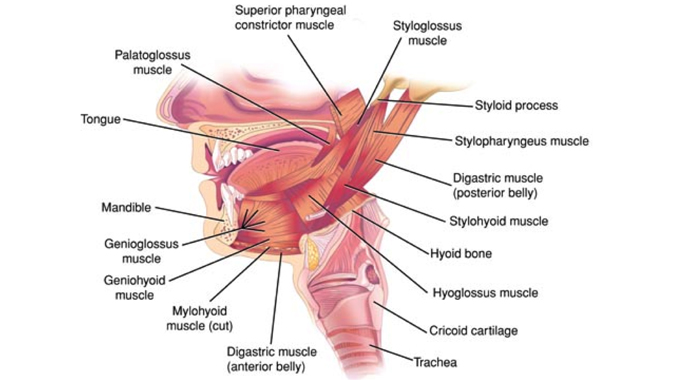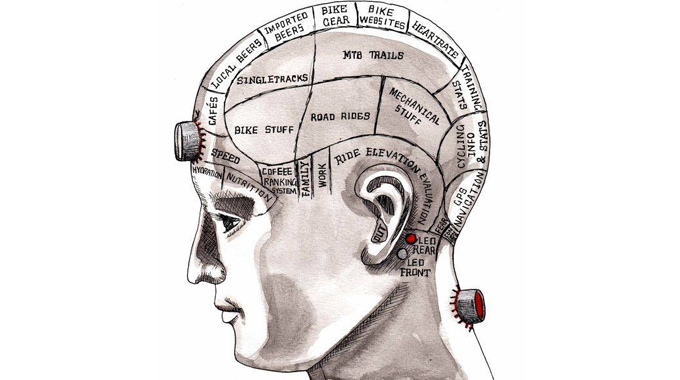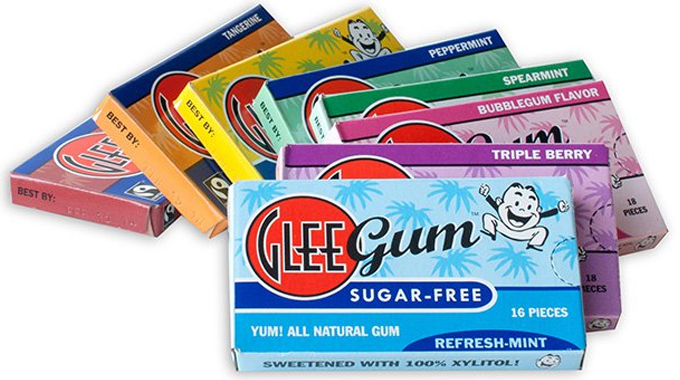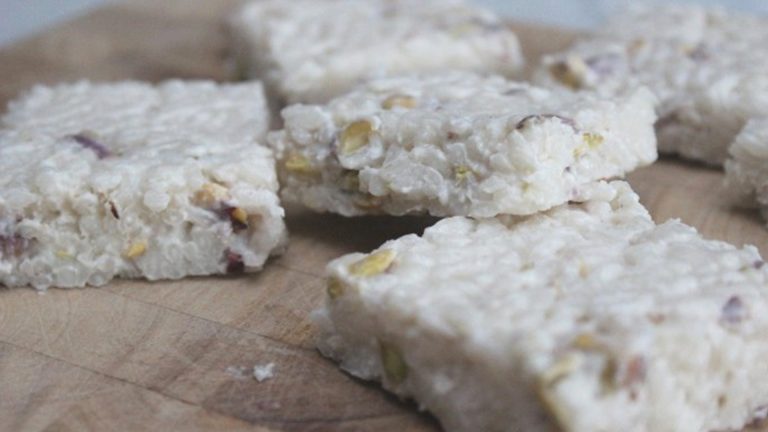Chewing gum has been around for years, and with more varieties than ever, health concerns regarding the mouth exercising habit have been debated continuously. So is it good for you, and can it be?
Chewing gum was a nifty invention developed by the Native Americans in the early 1800’s. They would chew on the resin from spruce tree sap. Later it was commercialised and sold by John B. Curtis in 1848.

Since then, chewing gum has exploded into our everyday lives and there are a plethora of brands and types to get your mouth watering.
We all know someone who chews, you may even be a chewer yourself. Since as cyclists we like to make sure we’re in tip top condition in every way we can, we’ve decided to take a look into the various health points raised about chewing gum.













 A mostly-organic gum made with just chicle, dried cane juice, vegetable glycerin, sunflower lecithin, rice flour, and natural flavours.
A mostly-organic gum made with just chicle, dried cane juice, vegetable glycerin, sunflower lecithin, rice flour, and natural flavours.




